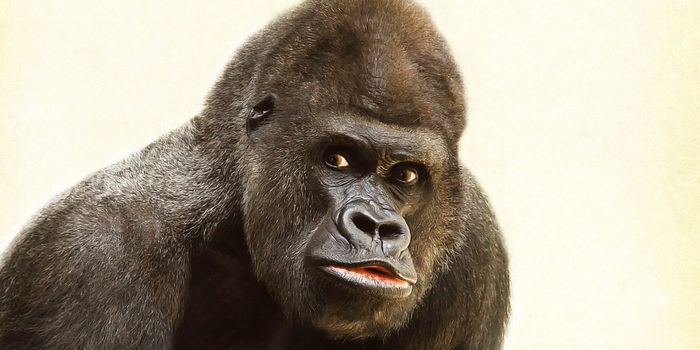While the changes were small, investigators believe they have found evidence that humans are still undergoing evolution.
Reporting in PLOS Biology, an analysis of 210,000 DNA samples showed that detrimental genetic variants occur less frequently in people that have longer lifespans. Variants that have been associated with Alzheimer’s disease, and genetic mutations linked to asthma, heart disease, high cholesterol, and obesity are less common in people who live longer and therefore, say the researchers; they are less likely to be passed down to other individuals.
"It's a subtle signal, but we find genetic evidence that natural selection is happening in modern human populations," noted a co-author of the report, Joseph Pickrell, an evolutionary geneticist at Columbia University and New York Genome Center.
New genetic mutations can also be beneficial by conferring a favorable trait that helps an organism live longer. The stronger survivors of every generation pass on their traits to the next generation, making them more common in the general population. It might take millions of years to create new complex traits, like walking upright, but these positive adaptations slowly make their way into the population at large.
With modern tools in genomics, researchers can assess the genetic information from hundreds of thousands of people in parallel, allowing for powerful comparisons to be made. The rise and fall of individual mutations can be followed throughout generations of people, and investigators can make inferences about which mutations are becoming more, or less, common. This work looked at data obtained from 60,000 people of European ancestry, from Kaiser Permanente, and 150,000 British people analyzed by the U.K.Biobank. However, the lack of genetic material from parents meant that the parents’ age of death had to be used to assess the effect that certain mutations had on survival, one caveat of the study.
There were two major shifts found by the researchers. There was a drop in the frequency of a gene called ApoE4, which has been linked to Alzheimer’s, in women over 70. That is consistent with other work that has indicated that women carrying one or two copies of that gene tend to die much earlier than those who don’t. A similar change was seen in a mutation on the CHRNA3 gene, which has been linked to heavy smoking in men.
It was a surprise to the researchers to only find two common mutations in the human genome that exerted a powerful effect on age of death. The researchers said that their analysis would have found others if they were there, suggesting that natural selection has already eliminated similar variants. That goes even for mutations that act late in life, like ApoE4 and CHRNA3.
"It may be that men who don't carry these harmful mutations can have more children, or that men and women who live longer can help with their grandchildren, improving their chance of survival," explained study coauthor Molly Przeworski, an evolutionary biologist at Columbia.
It was also found that people who had a predisposition for high cholesterol, high BMI, and heart disease were linked, unsurprisingly, to an earlier death. It also seemed that a predisposition for asthma is connected to death at a younger age as well but to a lesser extent. Also, those that tended to have a delayed puberty and child-bearing lived longer. In men and women, a one year delay in puberty lowered the death rate by three to four percent. A one year delay in childbearing lowered the death rate in women by six percent.
The scientists hypothesized that their study showed how genetic variants affecting fertility are evolving in some populations. However, they note that the environment, which is always in flux, also has an influence such that traits that are good now may not be in the future, or in other populations.
"The environment is constantly changing. A trait associated with a longer lifespan in one population today may no longer be helpful several generations from now or even in other modern day populations," explained the lead author of the study, Hakhamenesh Mostafavi, a doctoral candidate at Columbia.
This could be the first study to analyze how the human genome evolves in the span of only one or two generations. The researchers hope that as more genetic information is obtained from more individuals, we can create a clearer picture of how the human species continues to evolve.










